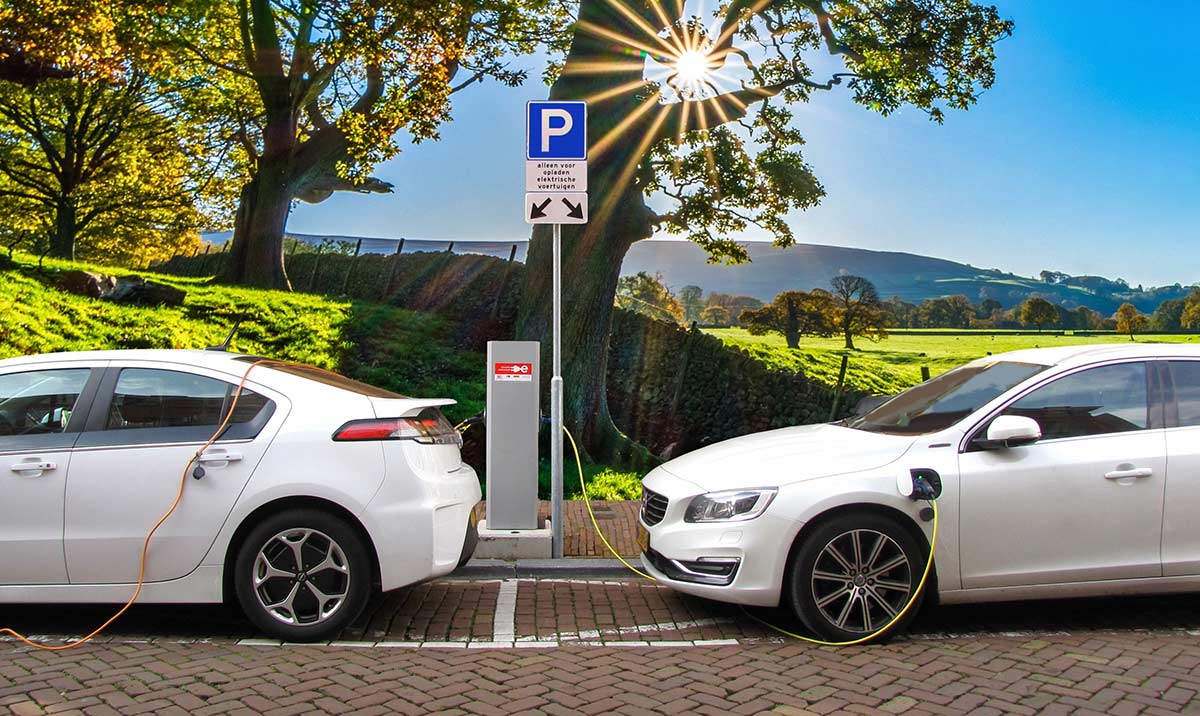
Growing the Electric Vehicle Sector in South Africa
September 29, 2019

Leading the transformation of the South African property industry to environmental sustainability.
In order to purchase a product off the GBCSA website you will need to create a profile on the GBCSA Dashboard.
If you have registered a profile on the GBCSA website before, please log in using your original email address. You can update all your details including email address once inside your profile.
Please follow the steps to create your profile and billing information.
Note: if you are part of an organisation (with or without membership) we need to associate you with this organisation and its billing details.
Select from the following:
Choose this option if you know your organisation has an online account with us.
Note: Your profile will be linked to this organisation and its billing information.
Choose this option if you need to create a new profile for an organisation and link your personal profile to it.
Note: VAT no is required.
Choose this option if you wish to register as an individual (sole proprietor, etc).
Note: No VAT no is required.
In order for us to complete this process, please prove you are a human.
You have successfully created an account on the GBCSA User Dashboard as an individual.
Please check your email to verify and activate this account.
No email received? Please check your junk or spam folders for a email from us.
You have successfully created an account on the GBCSA User Dashboard as an individual.
Please check your email to verify and activate this account.
No email received? Please check your junk or spam folders for a email from us.
You have successfully created an account on the GBCSA User Dashboard and joined an organisation, your profile will be associated with .
Please check your email to verify and activate this account.
No email received? Please check your junk or spam folders for a email from us.
Something went wrong while creating your account. Please try again or contact [email protected] for assitance.
Something went wrong while completing your order.
Please try again or contact the GBCSA on [email protected].
Thank You. Your order has been successfully completed. You will receive a confirmation email soon.
If you do not receive an email please check your GBCSA Dashboard orders online or contact the GBCSA on [email protected].